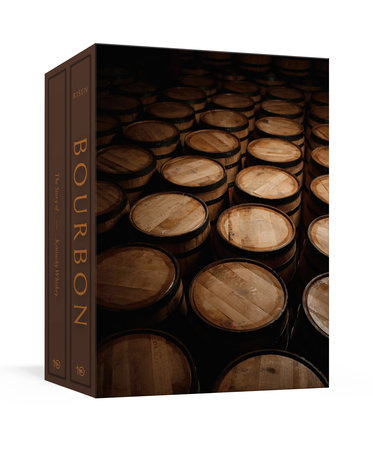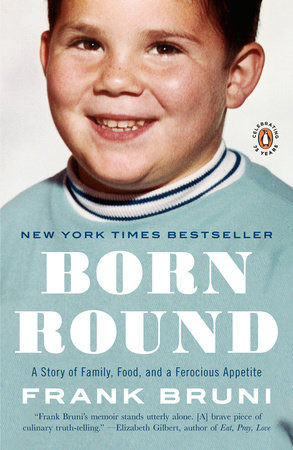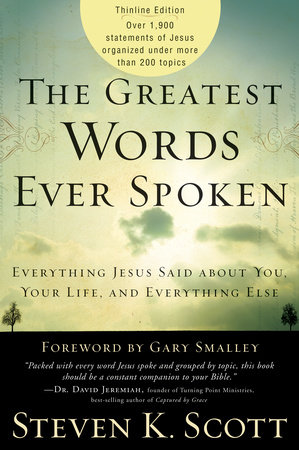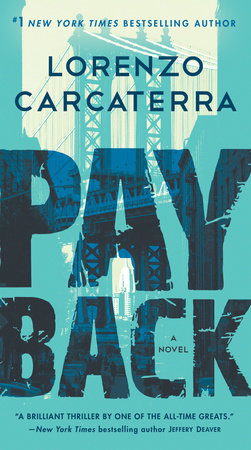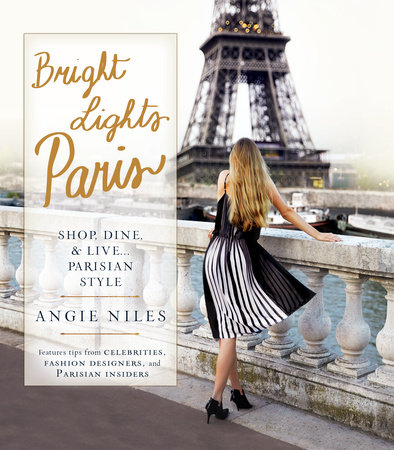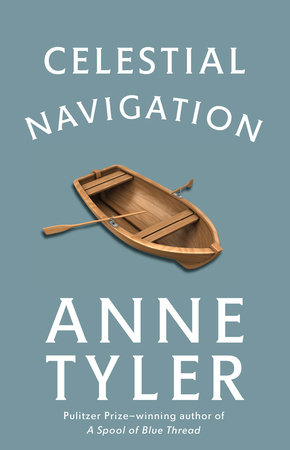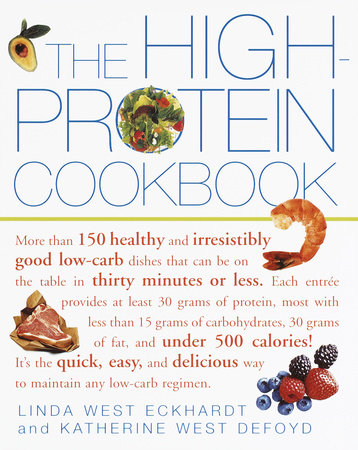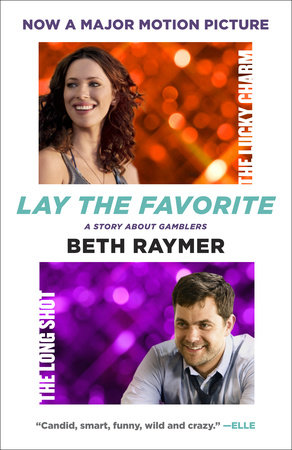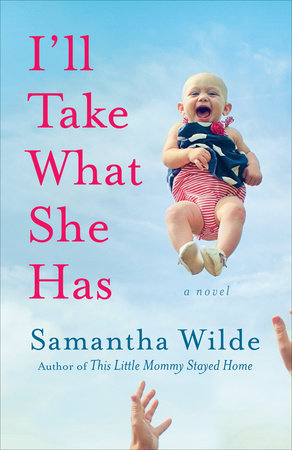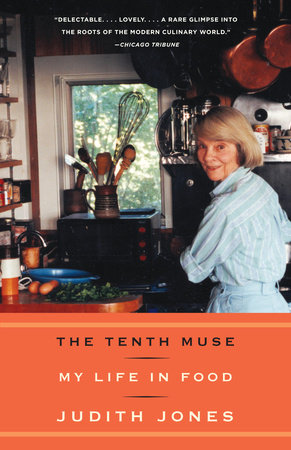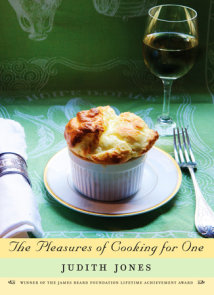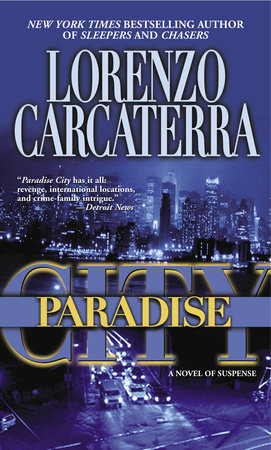Author Q&A
Q: How did you decide to write THE TENTH MUSE?
A: What started me writing about the early part of my life was finding a stash of letters in the attic of my parents’ house some years after my mother died. They were written during the years I was in Paris—a short vacation trip that turned into a stay of 3 1/2 years (1948-1951). As I read them I found myself confronting this young creature of 24 and thinking do I really know her? What made her so audacious? How did she become
so passionate about food, particularly growing up in a household where garlic was banned? And how did she ever believe that she could persuade her parents that food was a noble calling? So I started writing to get reacquainted and it turned into THE TENTH MUSE, the story of a lifelong pursuit of good food and of the people who taught me so much.
Q: There are so many wonderful stories, moments in your memoir. Is there one in particular that is your favorite?
A: I think almost my favorite story is the one about how I started a "restaurant" in the Countess Caetani’s elegant apartment on the rue de Cirque in Paris. It was such a nervy thing to do and yet to us it seemed perfectly innocent. Her nephew Paul,a friend of mine from New York, was living there while the Countess was in Rome and he suggested I move in when he heard I was without a sou. We figured that perhaps we could manage to feed ourselves by feeding others—that is, that we could put on a lovely diner and charge a minimal fee several times a week for fellow Americans and other lonely young souls living in Paris. Fortunately I had a French journalist friend who happened to be a terrific cook and he loved the idea of showing Americans good
French home cooking. So soon we had a thriving Cercle de Cirque several times a week—that is, until the concierge told the Countess about what was going on and she was on the next train to Paris.
Q: Can you briefly tell the story about the beaver?
A: I realize in writing how vulnerable you are. I was urged by Saveur magazine several years ago to write the story of the beaver who had moved into the pond my husband Evan and I had created out of marshlands near our house in northern Vermont. For two seasons the beaver had systematically destroyed all the good trees around the pond and pulled in enough detritus to dam up the drain so soon the waters would be flooding the
county road. Moreover he was building a pavilion so that by next year he would have a mate and lots of sharp-toothed little beavers to compete with me for swimming rights. Clearly he had to go, and after several unsuccessful attempts with traps my son-in-law bought a rifle (in my name) and patiently waited for several days at dawn and again at dusk, teasing the beaver to surface. Finally early on the third day I heard two shots and then I saw the large glistening body dragged up the driveway. Immediately a deeply atavistic impulse took hold of me. We had to honor this creature and I decided we must do so by eating his liver. It was delicious. And we followed that treat with a braised haunch, finally even trying a recipe for the tail that Evan had unearthed some years before but which we’d never tried.
After the story was published, I received some disturbing hate mail. How could this woman from New York City not only kill one of God’s noblest creations in order to save her precious pond but on top of that she had to EAT its flesh and revel in it!
Q: You are quite well known as any editor of cookbooks and have also written cookbooks yourself. Please talk about your own cookbooks for a moment.
A: I have been fortunate to have had a husband who not only enjoyed cooking but loved to write about it. So through the years I was a partner in doing recipes for his AMERICAN FOOD (a new paperback edition of it is out this fall from Overlook Press) and THE WORLD OF CHEESE and then became a co-author with him of THE BOOK OF BREAD and KNEAD IT, PUNCH IT, BAKE IT, and THE BOOK OF NEW NEW ENGLAND COOKERY. Gathering recipes, testing them and eating the results was part of the rhythm of our lives for many, many years. I firmly believe that a food writer has to do his or her own testing, not turn it over to a test kitchen. What makes a recipe special is the way in which that particular cook puts it together, and then explains enough so that the home cook understands. I think it has been helpful to me as an editor to have had the experience of researching and writing recipes. It helps me to ask the right questions and to encourage writers to develop their own voice.
Q: How do you see the the culture of food having changed since you first began working?
A: It has certainly been an exhilarating time in the last 50 years seeing the American food scene change so radically. For so long we were slave to the Puritan ethic that cooking was not something be taken seriously and the food industry did a successful job of telling the poor little housewife how demeaning it was. Then along came Julia and changed forever our attitude about food. Today the average American is so much more sophisticated about food and adventurous. We can experiment with all kinds of cuisines, eating out or at home, and we have available in our markets and on line just about anything we need. We have survived the hideous fear of fat mania that consumed the country in the 90s, and today we are more than ever aware of where our food comes from and the importance of how it is produced.
Q: Do you think people’s current obsession with food and the foodie world (celebrity chefs, restaurants, TV etc…) has inspired them to cook more?
A: Books like FAST FOOD NATION and THE OMNIVORE’S DILEMMA have had a real impact, opening our eyes to some of the horrors going on today in the production of food and arousing in us a determination to do something about it, even on a small scale. I think that was what prompted me along with my cousin, who is a farmer in northern Vermont, to invest in some Angus beef cattle who would be raised on local grass with
tender loving care.
The disturbing thing today is that for all the good books and magazines covering a wide variety of cuisines, nobody seems to be cooking much at home. The food world seems to be so caught up with celebrity chefs and what goes on behind the scenes in the professional kitchen that they have forgotten about the home cook. We need more TV personalities like Lidia [Bastianich] to inspire us, to show us how fun and rewarding and even relaxing cooking can be. A lot of young people say to me that they not only don’t have time but cooking at home is too expensive, what with all the exotic ingredients that cookbooks call for, which go to waste if they aren’t used right away. Cookbooks should be addressing these issues rather than concentrating on the
show-off dishes to impress. Above all, we should be demonstrating that cooking and eating at home with family, friends, or even alone is one of the great pleasures of life.
Q: Along with editing cookbooks you have also edited many literary luminaries of our day (Updike, Tyler) How did you find the process of being edited for THE TENTH MUSE?
A: I found it extremely reassuring to work along with Jon Segal, a longtime friend, fellow editor, and food lover, who encouraged me to do this book. And I was fortunate to have a copyeditor, who over the years has copyedited many of the authors I have worked with—from John Updike (who thinks she is a marvel) to cookbook writers like Lidia Bastianich and Hiroko Shimbo. So many little errors and inconsistencies and repetitions had slipped by me that I felt ashamed, and then once in a while she would write “lovely” in the margin and I would feel like a schoolgirl who had just earned an A. So it is a humbling experience to turn writer—and hopefully it will make me an even more sympathetic editor.



